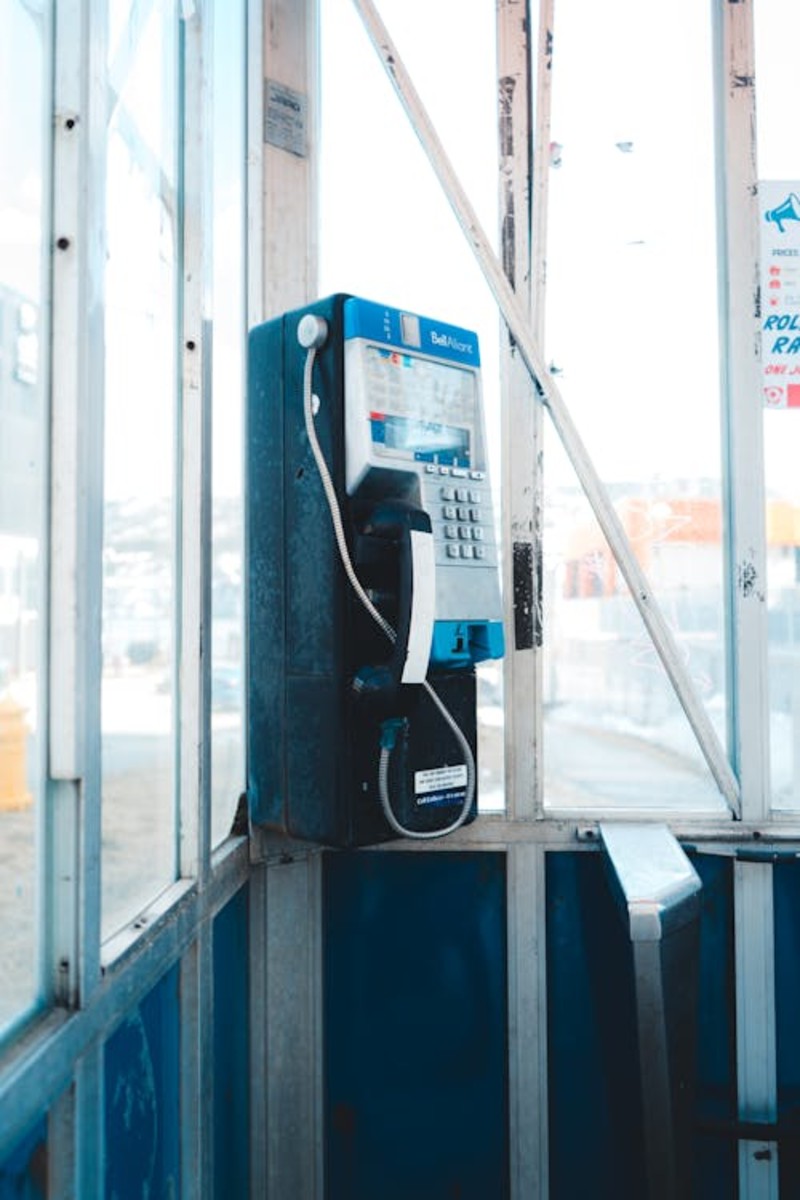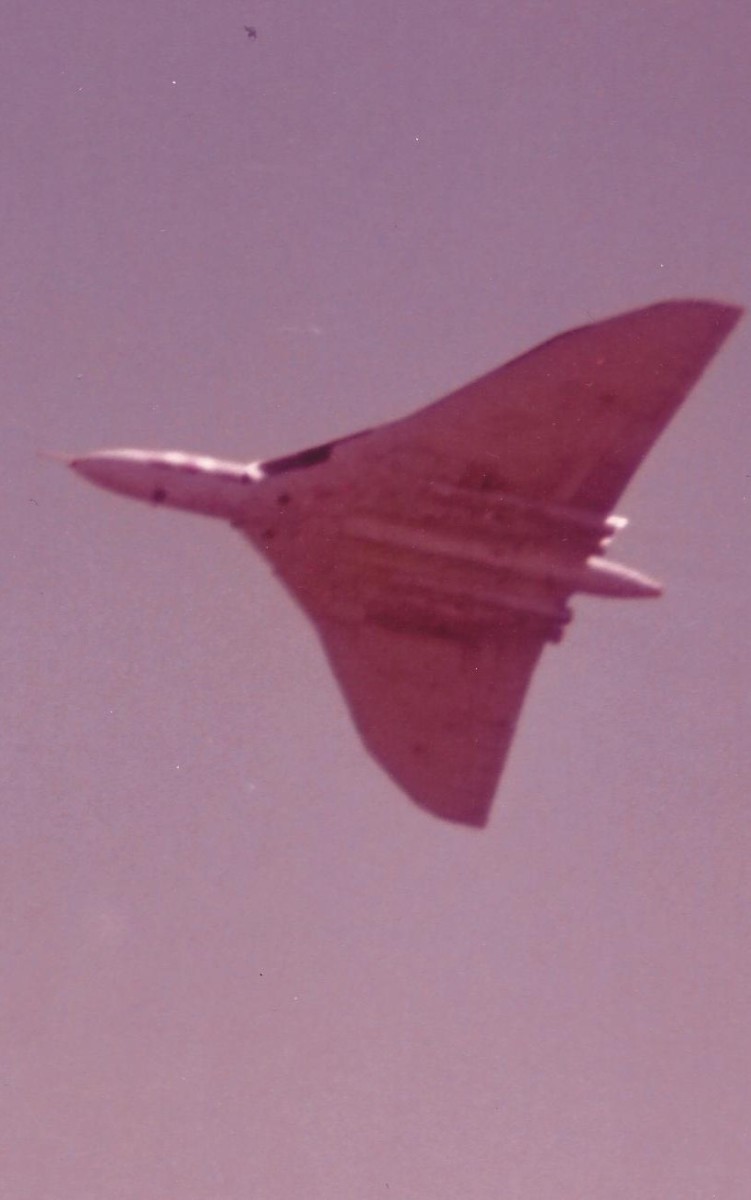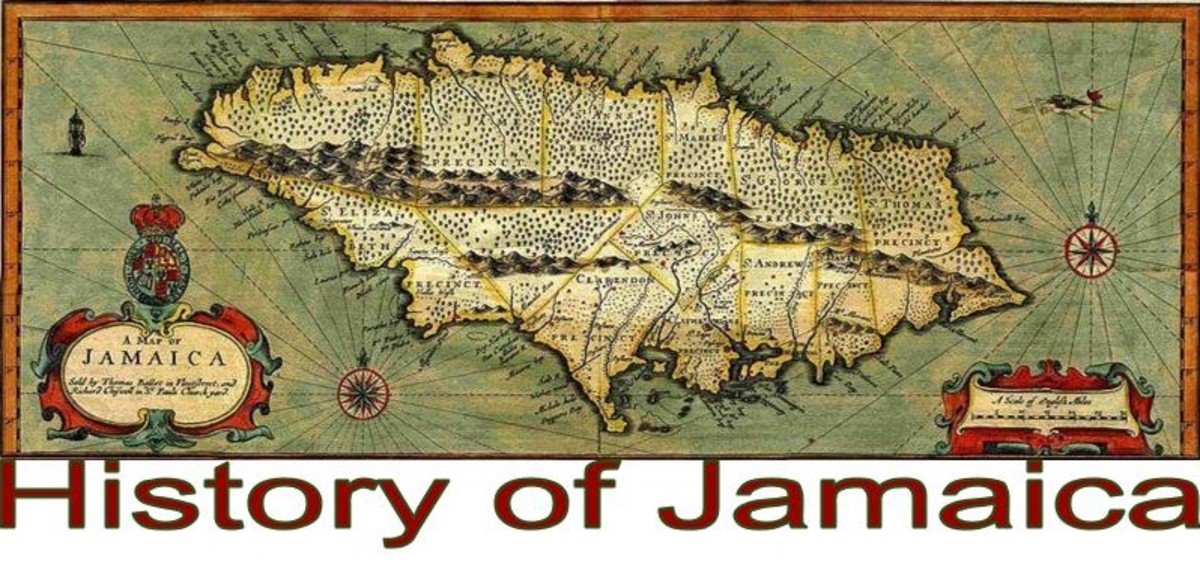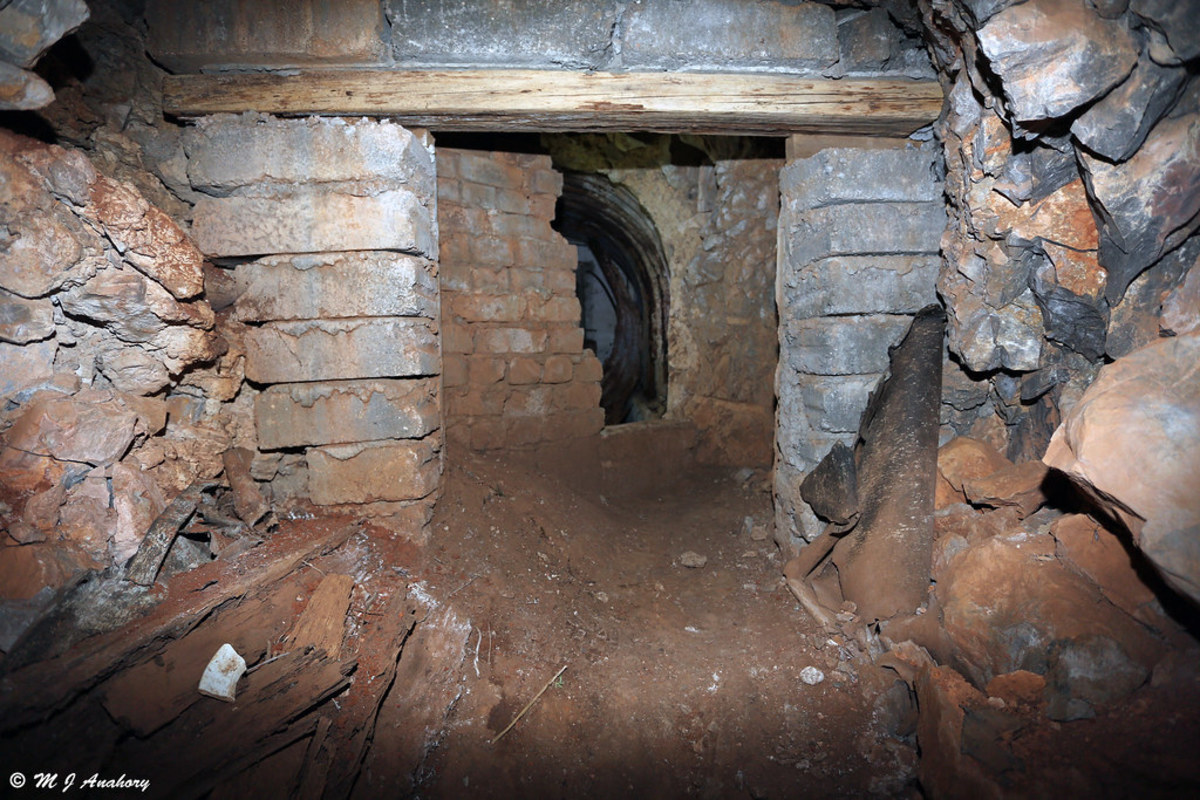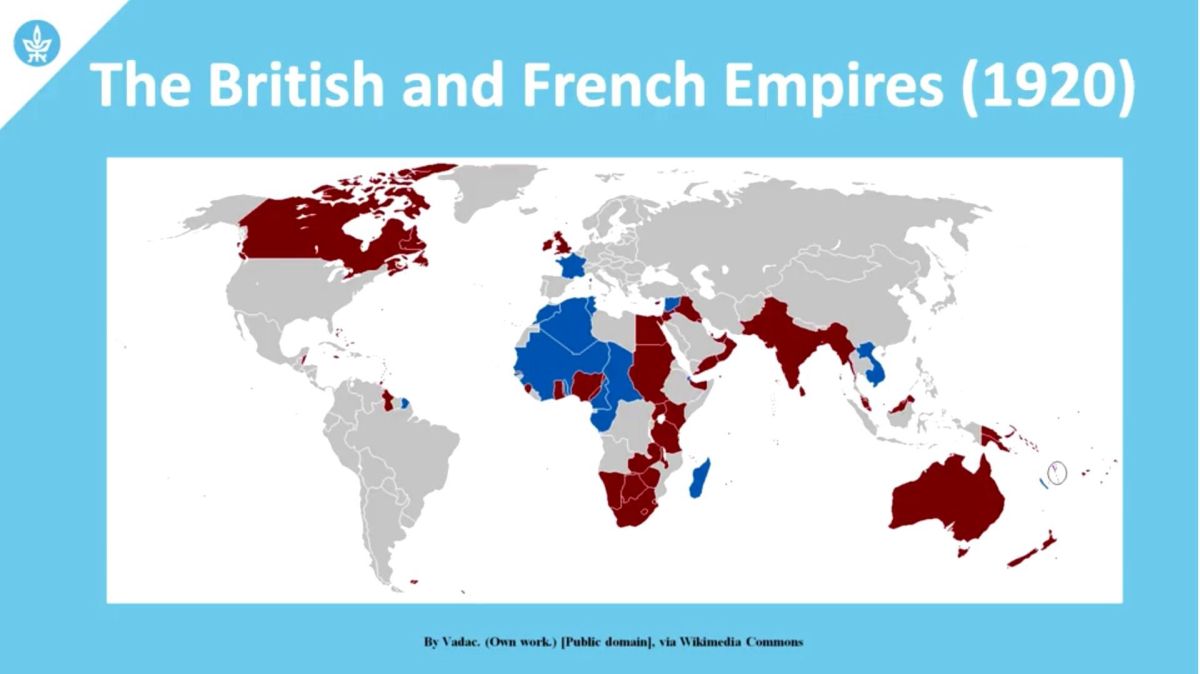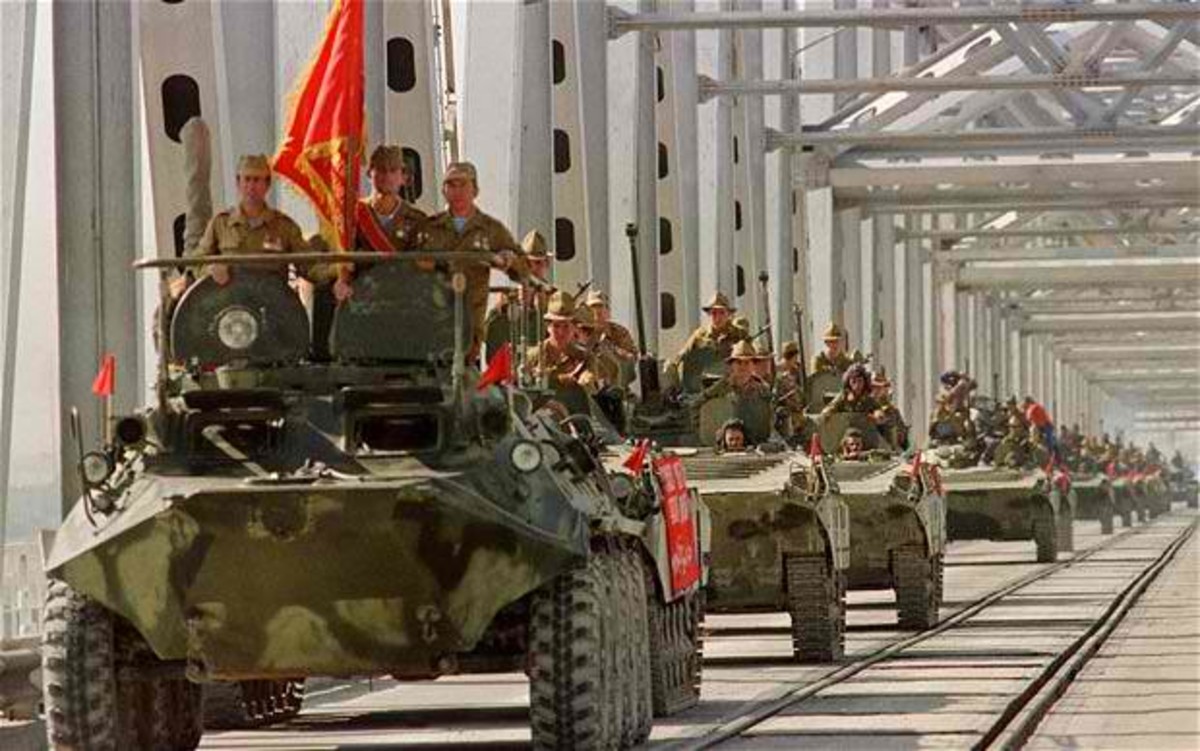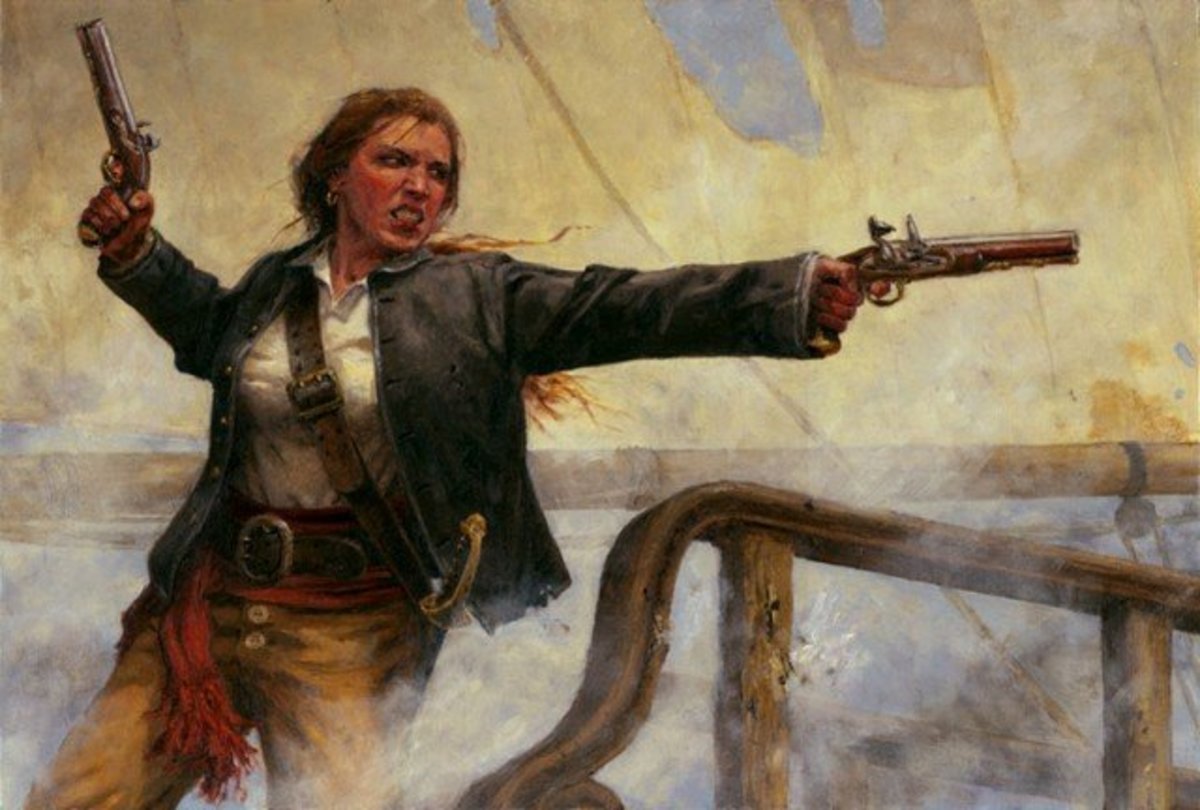The Falklands War

On 2nd April 1982 Argentinian forces invaded and occupied the Falkland Islands in the Southern Atlantic. The following day they also took control of South Georgia.
74 Days later and Argentina surrendered, returning the islands to British control on June 14th but the intervening war had seen much fighting. Even today the islands (known as the Malvinas to the Argentinians) cause diplomatic tensions between the UK and Argentina.
The war was a pivotal point for both combatant countries as the military Junta found themselves ousted from power in the period following the defeat and in the UK, Margaret Thatcher's Conservative party were re-elected having turned around the opinions polls. I remember as I grew up seeing clips of individuals such as Simon Weston who became a well know charity worker but suffered horrific burns during the war and also repeats of a well known news report from on board one of the British Ships where the reporter, unable to divulge the military plans reassured those families of the pilots involved in the mission back home with the line, "I counted them all out, and I counted them all back". Even today there are regular complaints to the UN from the Argentinians about what they continue to see as an illegal occupation of the Islands, even though the Islanders themselves recently voted 99.8% in favour of remaining British.
All of this occurred over a year and a half before I was born so why am I interested in it? A lot of it comes down to an airshow held at Cranfield in 1992. 10 years after the Falklands War, the iconic Avro Vulcan was making it's final public display before being retired by the RAF. I was only 9yrs of age and didn't really understand the amount of emotion around this aircraft but my Dad did tell me the story of Operation Black Buck how they had flown one of these aircraft halfway round the world to bomb a runway. I didn't think much of it but it was a story that stuck in my mind and was one I started to hear about again when she was brought out out of retirement in 2008 after years of fundraising and I started to see this impressive aircraft at those airshows I continued to visit (the photo in this introduction is one I took at the Royal International Air Tattoo at RAF Fairford in 2010). Then in 2012 to mark the 30th anniversary of the Falklands War there was quite a bit of programming on TV and I watched a documentary based on this specific operation. It took me another couple of years to actually get round to reading the book that thw documentary was based on but now I have I want to find out more about this conflict.
Where Are The Falkland Islands?
When the Argentinians invaded the Falklands there were even many in the UK who were unaware of where the islands sat. There were apparently those who thought they were North of Scotland, near the Shetlands, and couldn't understand why the Argentinians had invaded. However, as you can see they are in the South Atlantic, about 300 miles from Argentina and almost 8,000 miles from the UK.
The Battle for the Falklands - Max Hastings & Simon Jenkins

If like me you are in the UK, find the book here at Amazon UK
Vulcan 607 - Rowland White
When Argentina invaded the Falklands in 1982 and British Prime Minister, Margaret Thatcher, announced that the UK would fight to retain them, it didn't look likely that the RAF would be involved. Situated 8000 miles away and with no nearby airfields from which to launch missions, it looked likely to be down to the Army and Navy. This feeling would have been felt even more at RAF Waddington in Lincolnshire, home of the Vulcan bomber. As the islands were invaded the base was preparing to disband the Vulcan squadrons. For many years the bombers had been the basis of Britain's Nuclear defence but, whilst almost space age when first flown, the bomber was showing it's age. The nuclear deterrent had been passed to our submarine fleet and the Vulcan's were due to be replaced by the Panavia Tornado.
However, head of the RAF, Michael Beetham, had other ideas. Some cynics would say that with spending cuts on the horizon he didn't want the air force to be seen as redundant but, regardless of his motives, he came up with an audacious plan to take to the Prime Minister. He believed that using the British Island of Ascension in the middle of the Atlantic ocean as a staging point and using a fleet of air to air refuelers that the RAF could get a Vulcan all of the way to the Falklands to drop bombs on strategic targets, in particular the runway at Port Stanley. If this could be achieved then the Argentinians wouldn't be able to deploy their fast jets against the British warships en route and there would be a dent in moral to the largely conscript Argentinian ground force. There would also be nagging doubts left about whether or not the British would then go on to bomb the Argentinian mainland.
The plan on paper sounded quite simple but there were quite a few things to consider. For example, the Vulcan fleet had had their air to air refuelling capabilities blocked almost 20yrs previous and as such they would need unblocking and the crews trained on how to do in flight refuelling. They had also not done any conventional bombing raid training in years whilst their raison d'etre had been to drop nuclear bombs. Finally, the aircraft were really showing their age, how would it be done?
In 2012 as the 30th anniversary of the invasion was approaching there was quite a bit of Falklands War programming on UK TV. In hindsight I wish that I had watched more but one program I went out of my way to watch was one on this operation. At the end of the documentary I noticed in the credits that much of what I had just seen was based on this book by Rowland White and I thought then I should read it. However, until I got my kindle, I wasn't a heavy reader so it took me a while to get round to reading it.
The book is extremely well written and whilst occasionally I had a few issues keeping up with who was who (although think that is more a personal thing as rubbish with names!) it flowed brilliantly. From the moment that the plan was devised, through the training, to the deployment to Ascension through to the raid itself, I struggled often to put it down.
The author based his book on interviews with most of the key individuals so I believe it to be a really in depth account. Explaining the issues that the crews had in training, for example because the functionality had been removed, engineers had to raid scrap yards and museums around the world to get the right parts, even finding one being used as an ashtray in the officers mess, he also puts across how the selected crews felt about the situation. It does seem amazing that in just three weeks the bombers went from obsolete to battle ready and it is strange when you read that at times the key players were temporarily out of the loop as they were tied up with planning ceremonies to close the squadron!
Even once the crews were deployed, things didn't go smoothly and the author explains in great detail (without being boring) about the raid itself, Black Buck One. In many ways it sound almost like a movie script given the problems had and the final mission success. For example, just 5mins in to the mission the primary Vulcan bomber had to return to base as a window seal had failed. As such the backup aircraft which had expected to return home in a couple of hours with it's crew looking forward to a couple of beers, suddenly were in charge. Likewise, issues with one or two of the fleet on Victor refuelling tankers meant plans kept changing, there were also issues as the rate that fuel was being burnt was far in excess of plans so no-one was even sure if all the aircraft would be able to fulfill their role safely and with freezing temperatures in the South Atlantic, you didn't stand much chance if you did crash. Just as things looked like they might be getting back on plan towards the end of the flight, the formation flew in to an electrical storm and a refuelling attempt left a damaged aircraft. All of a sudden the Vulcan wasn't sure it would make it home and the final Victor gave up much more fuel than would allow it to fly home without relying on another aircraft coming to refuel it again, something not in the plan and that there were unsure would even happen. The author captures this section really well as with strict radio silence, no-one was sure in one aircraft what was going on elsewhere and couldn't radio for help either.
Eventually the Vulcan reached the Falklands and despite all the odds did manage to drop a bomb on the runway, succeeding in that aim. However, the danger wasn't over yet as all of the returning aircraft would need extra fuel and were unsure they would get it. Fortunately for the crews the fuel did arrive and finally over 16hrs after it had first departed Ascension, the Vulcan returned safely to end the mission. At this time this set the record for the longest ever bombing run. There were in fact subsequent Black Buck missions which, with the leanings of the first ones tended to go a bit better and are much less known about. This is with the exception of one mission that had to divert to Brazil and this is captured in the last chapter.
Overall I really enjoyed this book.It was obviously a topic that I was interested in but the way it was written meant that it was enjoyable to read, not just being a list of facts. As mentioned earlier, the fact that the author spoke to many involved meant you get a true feeling of what happened from the frustration, despair, anger, relief and elation felt at various times. Historians will argue about the impact the raid had but without getting in to any of that, I think this is a great read and should be read by anyone who has any interest at all in this amazing mission.
If you are in the UK use this link to find the book.
XM607 - Falklands Most Daring Raid
As mentioned in the previous module, in the run up to the 30th anniversary of the Falklands War there was quite a bit of programming around the conflict. One program that I made sure I watched was this one which a documentary based on the book above. Having read the book I searched online and was happy to find the entire program on YouTube shown here.
The documentary was made for a more mainstream audience on Channel 4 rather than a more specialist documentary channel. What this meant was that they needed to retain the viewers so perhaps sometimes they focused a little more on the smaller facts that sounded good such as the use of the ashtray mentioned above or the fact that fuel calculations were made "on a £5 calculator brought on Swafham market". However, this didn't detract from a great program. The makers had tracked down several of the key personalities that had been interviewed for the book above and it was good to hear their feelings expressed in words in the book in their own voices. I particularly enjoyed re-watching the documentary having read the book.
If you have a spare three quarters of an hour then I would really suggest sitting down and watching this documentary and if you enjoy it, definitely buy/download the book.
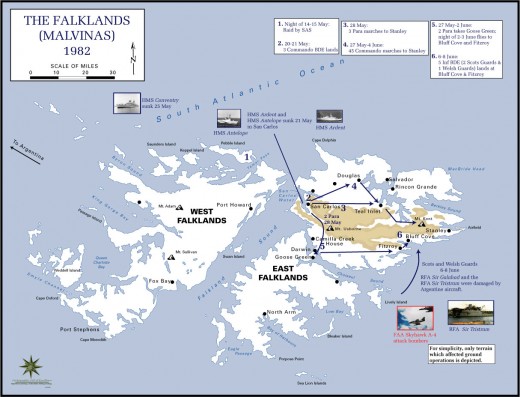
What Am I Concentrating On Next?
The Falklands War may have only lasted 74 days but there was a lot that occurred in that time frame and the repercussions have been long felt. The Argentinian defeat spelt the end to the military Junta leadership and in the UK the Tories were able to turn around the opinion polls and be re-elected the following year. Today we still see regular complaints and threats to the islands.
I think that having read about the famous Black Buck raids, the next areas of me to read about more about can be split easily in to two sections:
- The Naval Battle - Two of the most famous tabloid headlines in recent years came from the Falklands War, including the insensitive "Gotcha" when the General Belgrano was sunk with over 300 lives lost. It was a key part of the war, especially given that the UK war effort was so reliant on the sea.
- The Ground Battle - Battles such as that at Goose Green have become bywords in British history so I would love to read more about this as well.
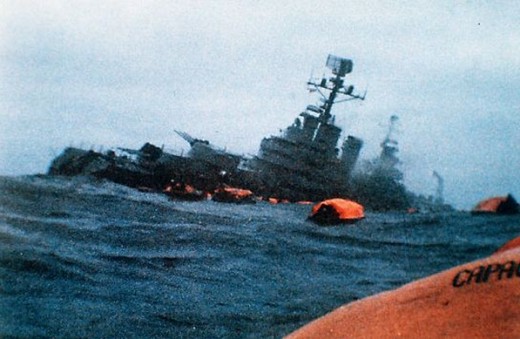
Do you remember the Falklands War and some of the stories about it? I would love to hear some of your memories.


